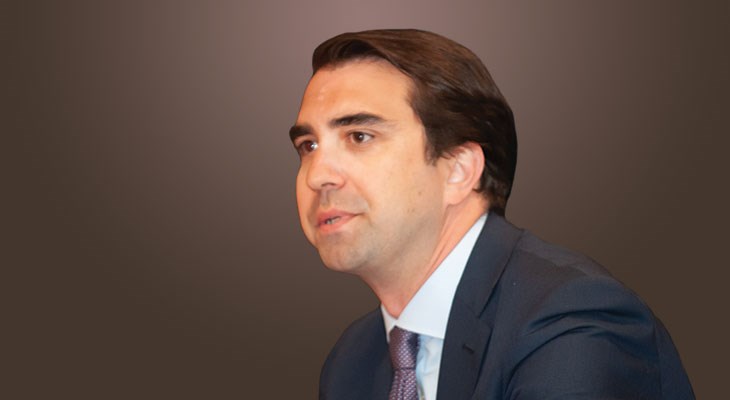Andrew Goldman, chief investment officer at family investment firm Hildred Capital Partners, sees his role as an investor as being similar to that of a private-company CEO. That means creating a connection with operations is important to a successful deal.
“We tend to take a longer-term approach to looking at how we compound over 10 or 15 years,” Goldman says. “I don't know that that's so different from a CEO who’s got to run the business and understand the day to day.”
Goldman says investors and operators bring different experiences and perspectives to a relationship. And when the two come together and share their experiences through a productive dialogue, everyone benefits.
“We see lots of different transactions and we have a good sense for where markets are in a transaction, and they see lots of things within their verticals,” he says. “We tend to try to marry our breadth of knowledge on transactions across a market with their industry-level expertise, and we think that generates a better value outcome over time.”
Goldman, at the Dealmakers Conference earlier this year in Philadelphia, talked about creating the right connections, and culture’s effect on a deal.
Don’t steamroll your team
Creating a dialogue between the operating company and the investor is important. In situations in which Goldman and Hildred Capital own a majority stake in a company, they are actively engaged with the business about day-to-day happenings.
“We’ve got a weekly call,” Goldman says. “We know exactly what's going on in the business on a day-to-day basis on M&A, on business development, on hiring. And in those cases, we’re much more fluid in terms of dialogue.”
Having a fluid dialogue — a back and forth — is important, because majority investors run a risk if they’re telling the CEO, who has been running the company for some time, how he or she is supposed to operate.
“We might own 90, 80, 70 percent of the company, but if you have to overrule management in order to push something through, that generally means you need to find a new management team,” Goldman says. “They’re going to leave. They’re not going to work for a group that steamrolls them if they’re a good team.”
Management is key, not only because of its operational impact but also because the team convey the company’s culture in an acquisition — management is the representative of the company’s culture — and roll it out to new team members.
People make the deal
Because the strength and knowledge of the operating team are so important to the success of a deal — and the execution of the acquisition strategy — the acquiring company or investors need to really get to know that team. Some dealmakers have made the point that people in services companies, by the nature of their roles in the business, are more deal-critical than those in other industries. Goldman, however, makes a different case.
“Whether you own a product, whether it’s banking, whether it’s consumer packaged goods, the people who deliver it go home every night, and they don’t have to come back the next day — at full employment, they can go work anywhere.”
Goldman says this is why he and his team spend an inordinate amount of time getting to know the people with whom they get into business. If that means losing out on a transaction in the process because that takes too long for the other side, they’re happy to walk away.
“Our focus is on picking good people to be our partners for the long term, and that has to take priority over everything else we’re doing,” Goldman says. “If something goes wrong and you’ve got a bad partner, it comes to light very fast. If something goes wrong and you’ve got a good partner, you work together on it. We spend a lot of time on that, and if we get that piece right, pricing and some of the other pieces tend to wash out over time.”
Culture is a critical consideration in deal talks. However, to what degree it’s critical is a point of debate. Goldman says culture issues can be fixed, generally, but a troubling culture could be reflected in the price.
“There are definitely toxic situations where they can’t be fixed,” he says. “But I think it’s a question of, are you getting paid enough to take the risk of fixing the culture, because it's not fast — it always takes longer than you think it’s going to.”
Still, when two cultures are radically different, no amount of time can fix it, he says, and there’s no price that justifies trying to make it work.




